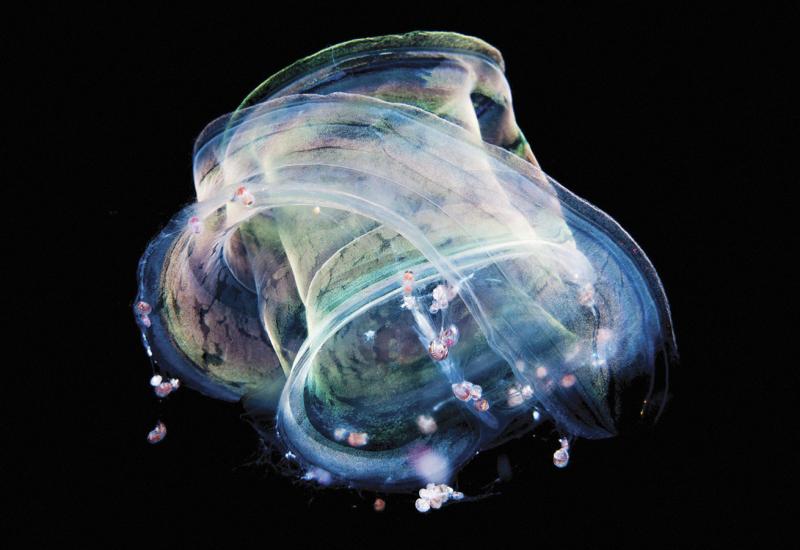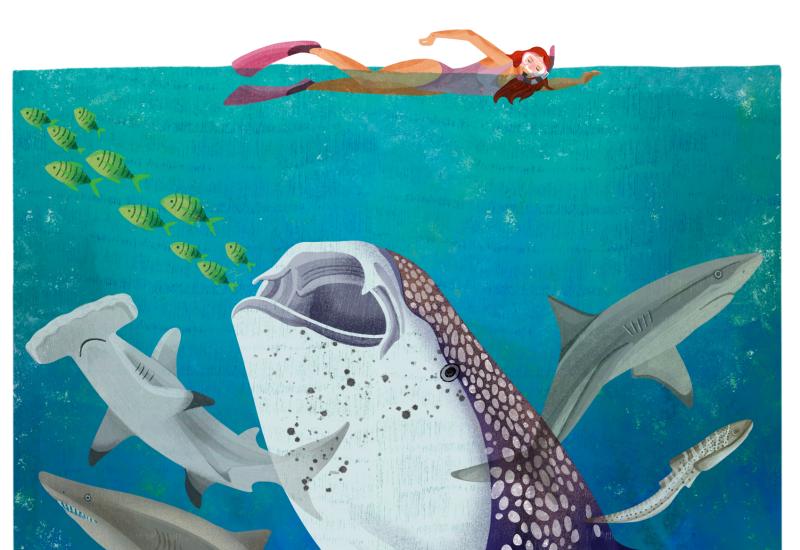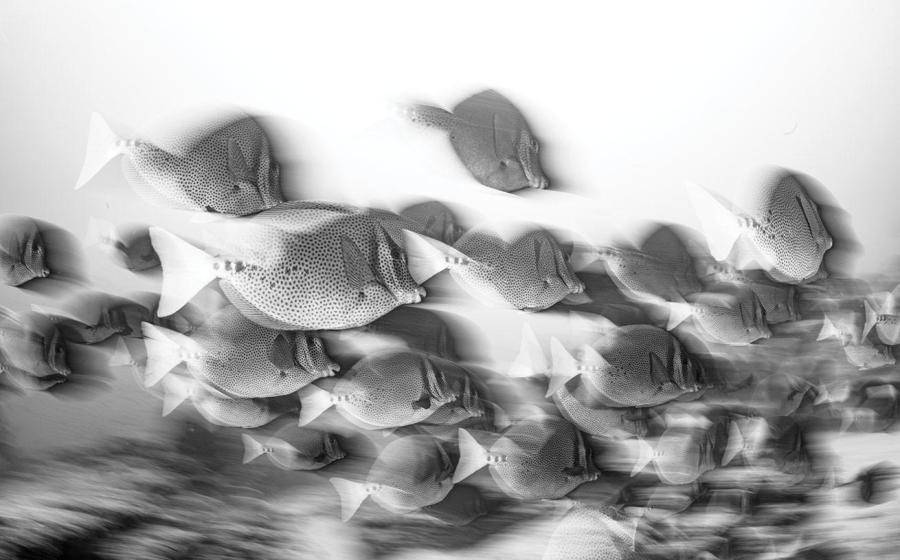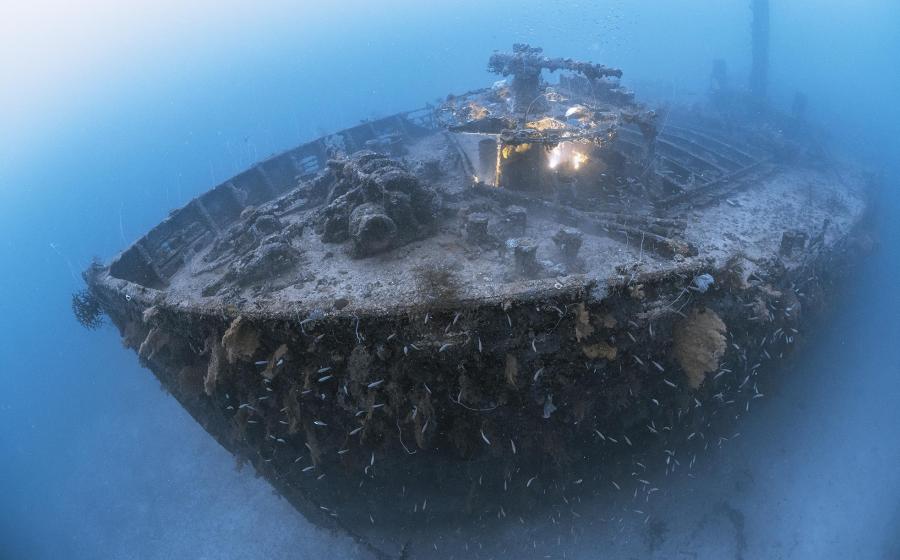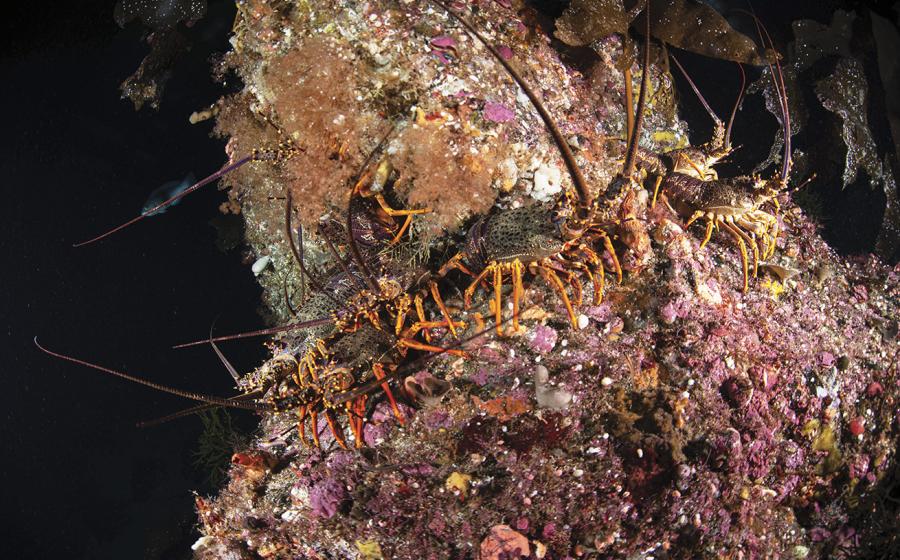How Many Large, Undiscovered Species Are Still Out There?

Shutterstock.com/wildestanimalWe are far from knowing every large animal out there.
Question: What are the chances we’ll discover new large, animals — say, larger than 2 meters — in the near future? – Jerre, Rotterdam
Answer: It’s hard to put an exact number on this, but a taxonomist colleague I asked said “probably 100 percent.”
Here’s why it’s so likely: There are new species being described constantly. There were 359 new species of fishes (including freshwater fishes) described in the year 2020, for example, as well as many ocean invertebrates.
Related Reading: 6 Animal Encounters to Add to Your Bucket List
Some of those are pretty small, however, and you asked about bigger animals. As I’ve noted in a past column, scientists describe a new species of shark, or related animal, about every two weeks. Sometimes these new species result from new research expeditions, while sometimes it’s a case of scientists finally getting to analyze samples taken years or even decades ago. A new species of whale was described as recently as January. So there’s still plenty of big stuff still out there!
I would like to note here why I’m using the term “described” instead of “discovered,” which has become somewhat loaded in terms of equity, diversity and inclusion issues in the sciences. Discovered is often used to refer to a Western (usually white, usually male) scientist who traveled on a romanticized expedition to some “far-off exotic land,” rarely noting that people live in those places and have known about that “new” species for millennia.
Think of CNN’s coverage earlier this year of Jane Spilsbury's “discovery” of whales in Kenya. How did this London lawyer ‘discover’ the giant animals in these waters? By speaking with local fishermen, who told her: "Sure, we've seen them for 30 years.”
So, generally, when I talk about “new species” I talk about species being newly described by Western science. (For more on this topic, read Asha de Vos’s excellent article on the problems of colonial science).
How is it possible that there are so many undescribed species? There are two main reasons. First and foremost, the ocean is large and most of it is very difficult to access with scientific research equipment. Secondly, the process of describing new species and how they fit into the existing tree of life, known as taxonomy, is complex and requires advanced technical training—and there aren’t nearly enough taxonomists out there.
Related Reading: The Future of Diving With Great White Sharks
For what’s probably obvious reasons, it’s hard to know exactly how many species that haven’t been described yet are out there, but estimates range from a lot (millions) to a whole lot (nearly a trillion). According to the World Register of Marine Species, scientists have described about 200,000 species of ocean animals so far, of which more than half are arthropods or mollusks. It’s exciting to know that number will likely be much larger a decade from now!
Ask a Marine Biologist is a monthly column where Dr. David Shiffman answers your questions about the underwater world. Topics are chosen from reader-submitted queries as well as data from common internet searches. If you have a question you’d like answered in a future Ask a Marine Biologist column, or if you have a question about the answer given in this column, email Shiffman at [email protected] with subject line “Ask a marine biologist.”

Courtesy David ShiffmanDr. David Shiffman
Dr. David Shiffman is a marine conservation biologist specializing in the ecology and conservation of sharks. An award-winning public science educator, David has spoken to thousands of people around the world about marine biology and conservation and has bylines with the Washington Post, Scientific American, New Scientist, Gizmodo and more. Follow him on Twitter, Facebook and Instagram, where he’s always happy to answer any questions about sharks.
The views expressed in this article are those of David Shiffman, and not necessarily the views of Sport Diver or Scuba Diving magazines.


